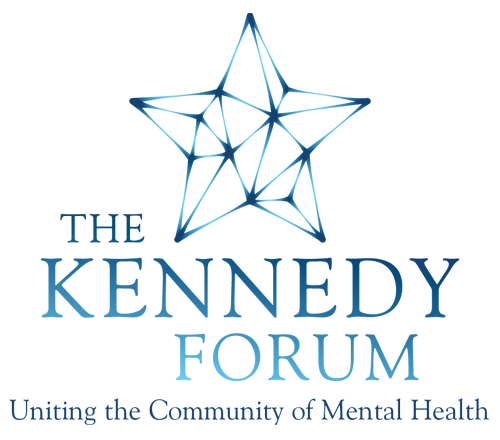Ron Manderscheid, Ph.D.
Executive Director, National Association of County Behavioral Health and Developmental Disabilities Directors
Without access to care, sustained recovery is not possible.
That’s why each opportunity to break through barriers to access is critically important. When access to care becomes universal, millions of people with mental conditions who don’t get care today will get care. That care will be grounded in evidence-based practices and focused on the whole person, not a diagnosis.
Problems will be caught early; symptoms will be mitigated early in their course. And, ultimately, we can help make recovery not a potential outcome, but rather the expectation.
But change doesn’t happen overnight. Overcoming barriers to behavioral health care access requires persistent action and effort to target and sustain new ways of framing, delivering, and sustaining services and supports.
Behavioral health is part of overall health.
Slowly but surely, policy makers and researchers are reuniting brain and body in their thinking. That reunion has begun to help break down barriers to access, reduce the stigma that still surrounds mental health problems, and promote prevention and early opportunities for intervention. And it’s about time!
But to create an environment in which access is open to all, that policy and research reunion needs to be matched by a comparable reunion in program and practice. A number of structural changes—each an opportunity for our action and advocacy—can become the building blocks for full access to behavioral health care as part of overall health care.
Read More










Connect With Us